People across the British Isles have been gathering to catch site of the rare phenomenon, which, for viewers in the Channel Islands, saw around 88 per cent of the sun blocked by the passing moon.
Partial eclipses happen when the moon comes between the sun and the earth, but they don’t align in a perfectly straight line.
There are three distinct stages of a partial eclipse:
- the moon begins to move over the suns disc. This will begin in Jersey at around 8.20 am.
- maximum eclipse where the moon partially covers the sun. If youre somewhere in the eclipses path itll appear that the moon has taken a bite out of the sun. This will happen in Jersey at around 9.25 am.
- the moon begins to move away from the suns disc. The sun will be completely uncovered by 10.35 am
However, Islanders’ hoping to witness the event were confronted with overcast skies and cloud cover.
This morning it was thought that the grey conditions meant that Jersey was among the worst places to view the eclipse.
And at around 8 am today the the Jersey Met Office revealed a picture of the cloud sheet above the Channel Islands, telling Islanders that the chance of seeing the eclipse was ‘slim’.
Ahead of the event States police issued guidelines for viewing the eclipse safely, amid fears that drivers would be distracted and tempted to look at the sky while journeying to work.
The last total solar eclipse that was visible in the British Isles took place in 1999.
The position of the sun and the moon meant there was a greater level of eclipse for viewers in northern regions, with the Faroe Islands and Iceland witnessing a total eclipse.
Simon Griffiths, treasurer of the Jersey Astronomy Club, said yesterday that although Jersey wouldn’t go completely dark, Islanders would still be in for a treat.
He said: ‘A total eclipse will take place in Iceland and the Faroe Islands and we are expecting about 88 per cent coverage here. The coverage reduces the further south you come.
‘It won’t go particularly dark because even 12 per cent of sun light is quite bright.
‘It will be a bit like a cloudy day but it will seem quite eerie.
‘Shadows will look a little bit crisper as the light has been polarised.’
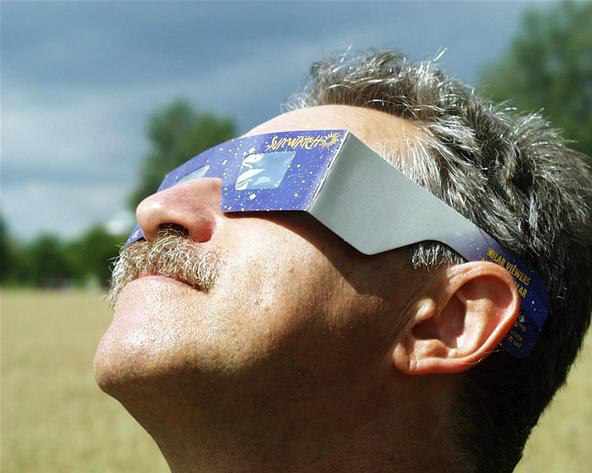

Nick Venton: Not much to see
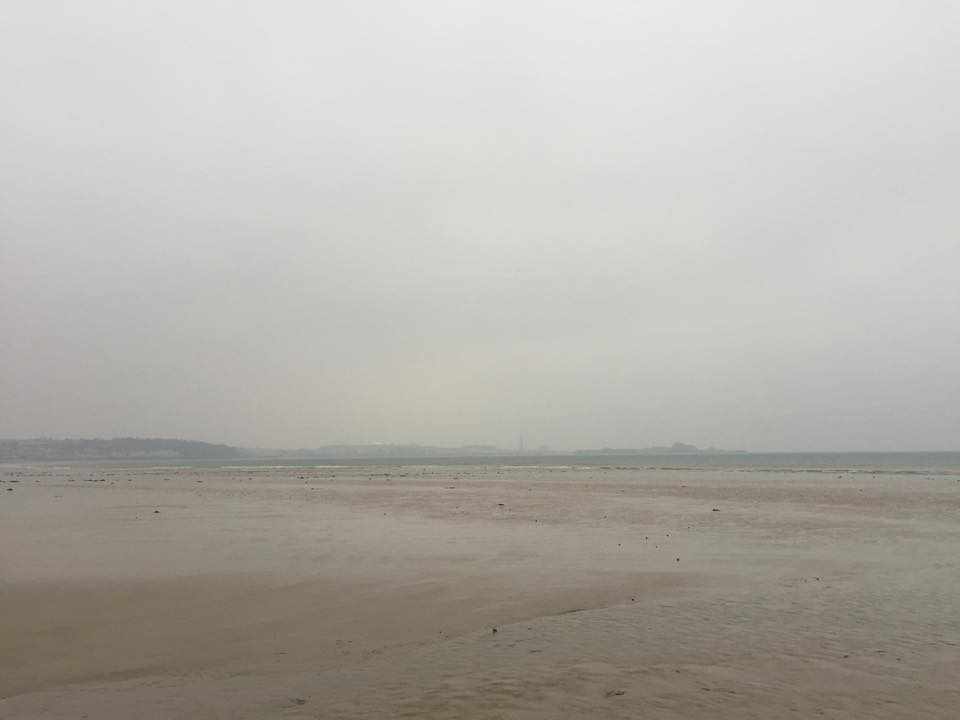
Chantel Lopez-Rubio: Don’t think anyone will be viewing the eclipse
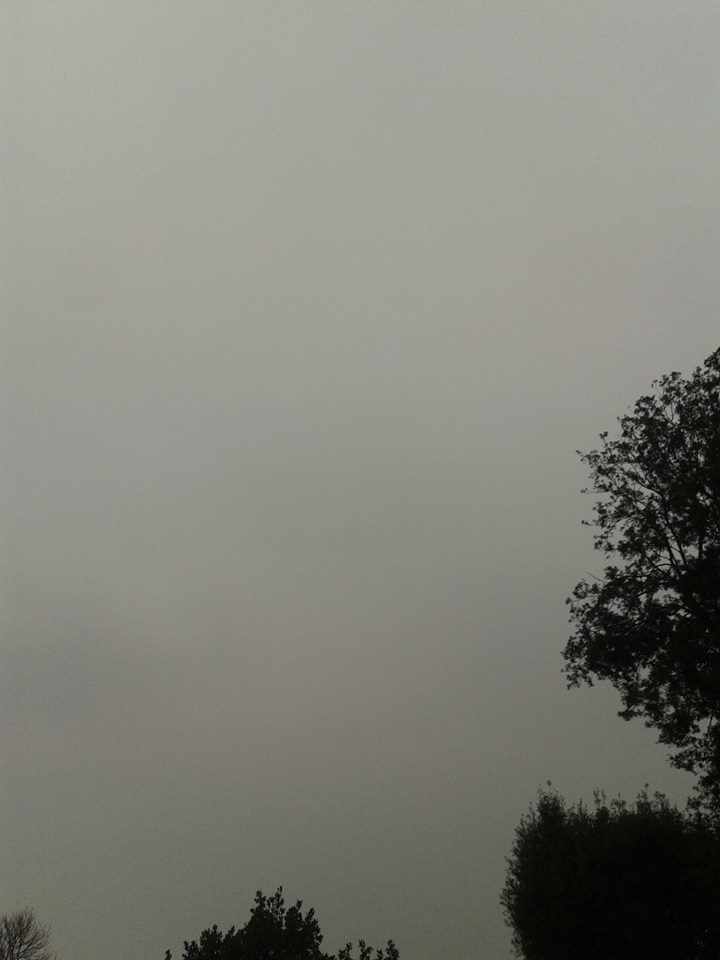
Andrew Haire: Big shame but the clouds win. Pretty dark though.
Karen Scott: Absolutely nothing in St Brelade, same as ever.
The last time Jersey experienced a eclipse:
At around 11.15 am on 11 August 1999, Jersey came to a virtual standstill as the Island was plunged into the twilight world of a partial eclipse.
Alderney experienced a total solar eclipse – when the moon passes between earth and the sun totally obscuring the sun – while around 95 per cent of the sun was blocked out in Jersey.
However, a veil of low cloud meant that only brief glimpses of the eclipse was visible.
The cloud cover also meant that a specially equipped telescope rigged up by the Jersey Astronomy Club could not get a fix on the moon.
The Jersey Arts Centre relayed the event on a big screen to Islanders while other solar gazers watched the event in the People’s Park.
Twilight love – how eclipses can affect the animal kingdom:
While birds fell silent across the Island during the last eclipse, a group of Hermann’s tortoises at the Tortoise Sanctuary in St Helier fell into a mating orgy.
The behaviour of the 16 tortoises was totally unexpected for sanctuary founder Shirley Neely who said it was a little late in the year for their courting rituals.
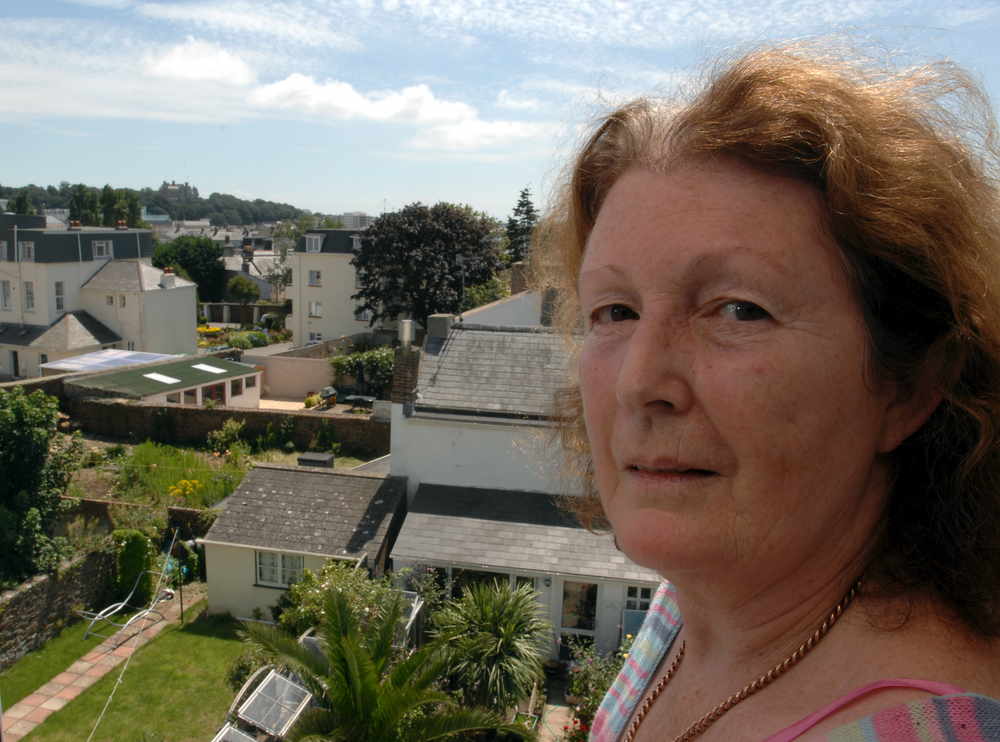
However, Mrs Neely said she is not expecting a repeat performance this time as she believes that the temperature is too cold to get the tortoises’ blood pumping.
She said: ‘During the last eclipse the tortoises had a big orgy. I expected all the tortoises to go to sleep. All the species did apart from the Hermann’s tortoises. They went into the greenhouse and had a big orgy.
‘It was just ridiculous. I’ve not seen anything like it before.
‘I will be watching them again this year but I don’t think the same thing is going to happen simply because of the temperature. They are cold-blooded so they need it to be warm to function.’
However, Mrs Neely added: ‘You never know.’
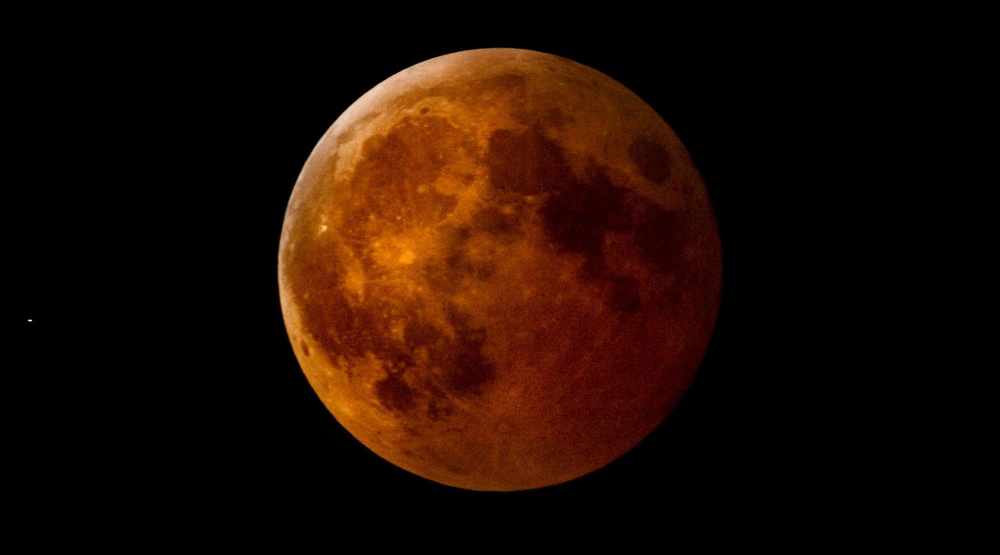
IT HAS been quite a few years since we had a good eclipse of either the sun or the moon, but this year makes up for it with excellent examples of both.
The second eclipse will be a total one of the moon in the middle of the night of 27/28 September. It will start just after 2am, as the moon enters the Earth’s shadow, and by 3.10am it will be totally eclipsed.
The total phase will last over an hour, until 4.25am, and by 5.30am the eclipse will be over. No special equipment is needed to watch a lunar eclipse, but binoculars or a small telescope will give a better view.
At totality the moon usually turns a deep, blood-red colour because of sunlight being refracted (bent) through the Earth’s atmosphere and impinging on the eclipsed moon.






